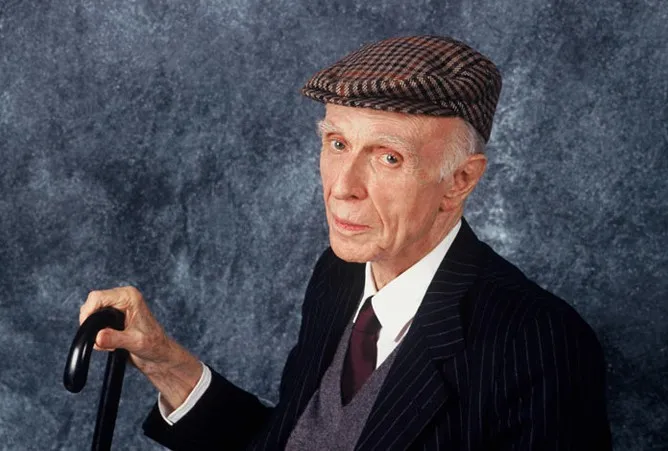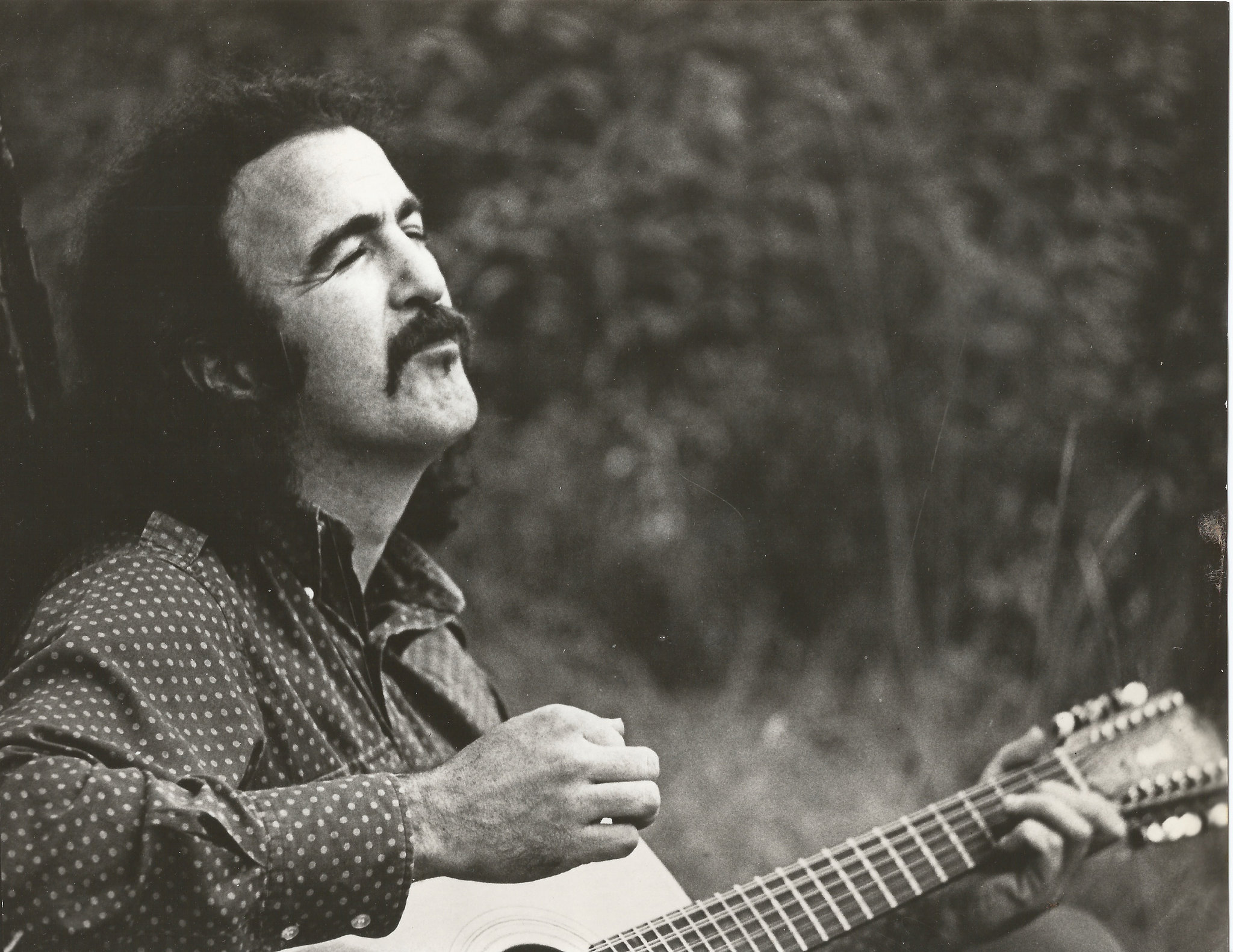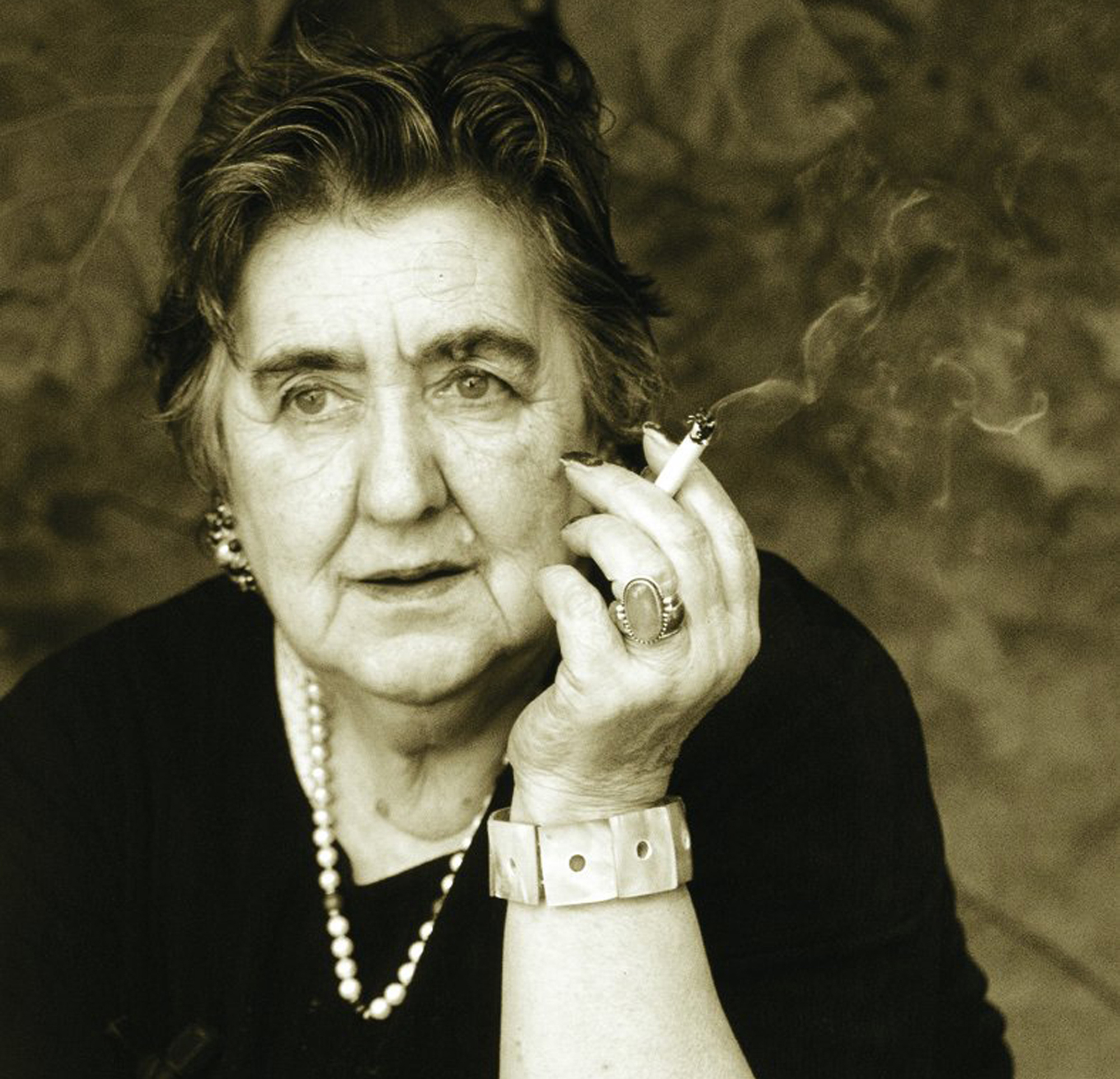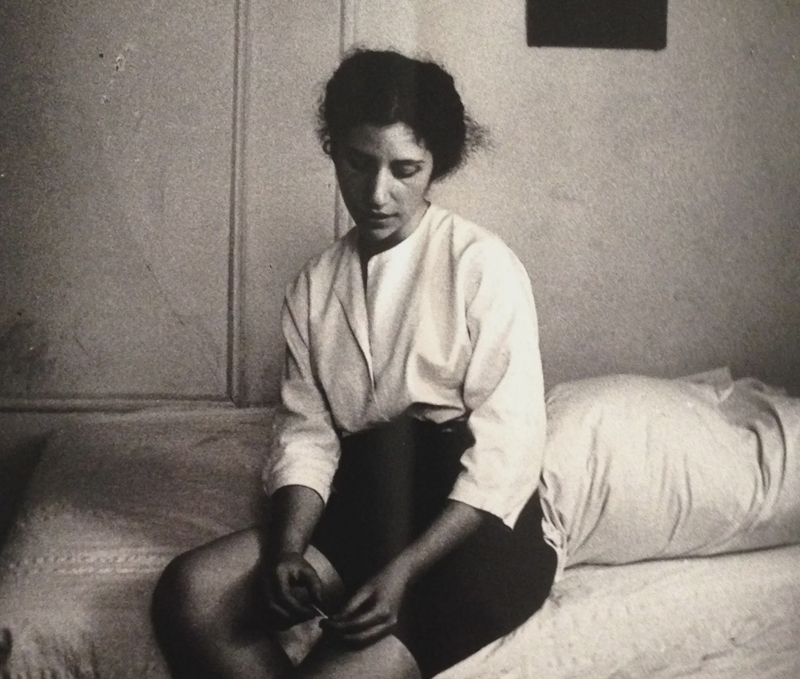"Share the time between reading, writing and doing nothing"
- Among the best known in the French area, Jean Echenoz (Orange, 1947) is also becoming a Basque classic. 14 is the fourth book that has been translated into the Basque Country, dedicated to the Great War, translated into the Basque Country as before by Gerardo Markuleta and edited by Meetto.
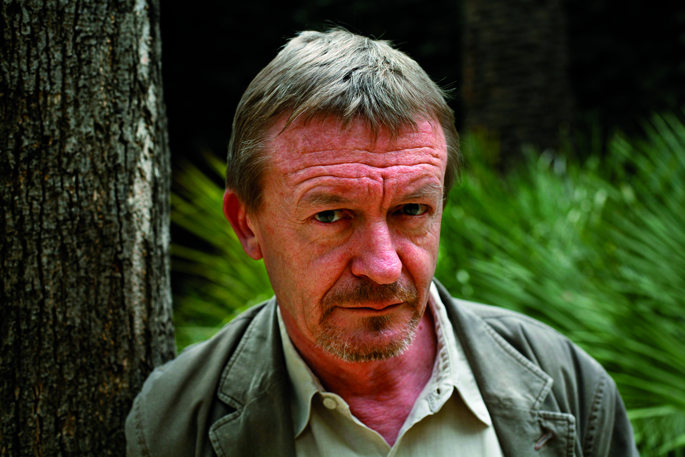
A man in a nutshell, I still remember the day I first spoke: As for the Basque version of the novel Ravel, he replied: “Thank you, but I have been sent a copy of Donostia,” Siku. Since then, it sounded little, almost like words. This is also the Echenoz literature on the Great War, the War of 14, the First World War, the novel 14, for example: 110 pages scarce. Smiles maybe a little bit more, like in this stage of the foot of war: “While the orchestra performed its task, a bullet crossed the baritone’s arm and the trombonist fell gravely wounded (…) despite the group’s reduction, musicians continued to play without any wrong note.” Some have not wanted it much, we have been able to read my fu or fa, murmurs, etc. Others loved him a little more: “Start, swallow and end. Sitting. It’s not easy to say so in October.” However, the reader can do a test: remember that it's only 110 pages. This interview, moreover, was no exception in terms of the number of words. These are the ones we brought to him.
A lot has been written and published about the Great War in 2014, because it's been remembered that it's been a hundred years since it started. In the novel you say this yourself: “As all this has been described dozens of times, it may not be worthwhile to extend it again with this abominable, smelly opera.” And yet you have written a novel about the Great War. Why?
Almost by chance. Because I found familiar documents about that war, and after reading those papers, I was curious to document myself more on the subject. At first it was not a literary project, but a personal matter of curiosity. However, there was a time when different situations were articulated – real, imaginary, or represented from real facts – and different scenes as a possible fiction.
In the book itself, you've compared war with an opera. “Although war, like the opera, is solemn, swollen, disproportionate, full of painful moratoria; although, like the opera, it makes a lot of noise and, often, in the long run, is quite boring.” On the contrary, the portrait you do in the novel of war is more like a piece of chamber music: more humble, simpler, more intimate, more minuscule if the horror of war itself is much smaller.
At no time, of course, did I intend to continue with the First World War. A much broader project. I wanted to address the lives of four or five men and women chained in the conflict, their day-to-day existence and their possible futures. How to say: instead of making a little bit of a novel about war, I wanted to make a novel that happened during the course of the war.
And when we talk about wars, for example, or other issues of great importance, what is literature capable of? To help explain these issues? To try to understand it?
Since I am not a historian, my intention is not to give any explanation about anything. I'm not trying to understand anything. The vast majority of the classic novels I've read about the Great War have been written by people who participated in the conflict, even in a language of their time. I myself wanted to work on the subject with the means of our time. I have not been the only one, of course. In recent years, the War of 14 has been a subject that has stirred up contemporary French authors, and everyone has worked in their own way, which is not, of course, at the beginning of the twentieth century.
In general, in his books, it could not be otherwise in this 14, a great work of documentation can be appreciated. You've been told the inventory of what the soldier has in his backpack, or the list of animals that were declared incomodable: the fox, the crow, the weasel and the topo. How do you prepare a novel for writing? What have been the readings in this particular case?
For, as has been said in the previous answer, the novels of that theme and of that time: From France (Roland Dorgeles, Henri Barbusse, Gabriel Chevallier, etc. ), from Germany (Erich Maria Remarque, Ernst Junger, etc. ). But also a multitude of historical works, testimonies of the time, war papers. I also looked at a lot of letters, photos, footage shot.
The Great War meant for the Basque Country not only the loss of a generation of huge social drama, of which 6,000 deaths are reported, but also the establishment of a stronger image of France, its borders, its own unity, its own language. What did it mean for the whole of France?
The First World War has a very strong presence in the memory of the French. I often wonder whether that memorial presence is no greater than that of World War II. But it's a stupid question. You might think that the two World Wars formed one and only war.
When your novel Ravel was published in Basque in 2007, you told us that you felt “a kind of exhaustion towards pure fiction (although I am aware that fiction is never pure)” as well as “the intention to approach reality with the tools of the novel.” After the “trilogy of imaginary lives” dedicated to Maurice Ravel, Emil Zatope and Nikola Tesla, returns to pure fiction.
It is true that at one point in time, as far as my work is concerned, I had the need to move away from fiction, to look for other ways. But it's already, it's already happened.
And fiction, now, but with over a dozen books, how do you deal with every new job? What attitude, what objectives?
Writing is a task that you don't learn. Experience teaches nothing but the responsibility of not repeating too much. Undertaking each new book is also difficult, intimidating, sometimes humiliating, as the writing of a first book.
It has been said that his work as a writer has craftsmanship. You have commented here on the documentation period, the search for photos, sounds, papers. Somewhere we've read that you're an amateur going out of the house and going to libraries, talking to people, recording, and then transcribing everything.
The period of documentation is always exciting. The risk is that it will become an endless object in itself. You have to find a moment, a means to set the border and start writing.
In addition, you are not one of those who prefer literature rooms, television sets, and especially press publications. What are the advantages of this attitude? And the disadvantages?
I see no more than advantages. However, he has exaggerated a bit: from time to time I get an invitation to go on television. And every now and then I leave.
But reading is something else. What is the importance of reading in the writer’s profession? Besides Gustave Flaubert, what are your current readings?
I divide my time between reading, writing and doing nothing. One of the books I have now in my hands: Biography of Marcel Proust, written by Jean-Yves Tadie.
Your last book, Caprice de la reine, has not yet reached our meeting. Will you explain to us what this is about?
This is a collection of seven fairly short stories. Each less, dedicated to a place, to a landscape, to a city.
Ereserkiek, kanta-modalitate zehatz, eder eta arriskutsu horiek, komunitate bati zuzentzea izan ohi dute helburu. “Ene aberri eta sasoiko lagunok”, hasten da Sarrionandiaren poema ezaguna. Ereserki bat da, jakina: horra nori zuzentzen zaion tonu solemnean, handitxo... [+]
Adolfo Bioy Casares (1914-1999) idazle argentinarrak 1940an idatzitako La invención de Morel (Morelen asmakizuna) eleberria mugarritzat jotzen da gaztelaniaz idatzitako literatura fantastikoaren esparruan. Nobela motza bezain sakona da, aparta bere bakantasunean, batez... [+]
Ekain honetan hamar urte bete ditu Pasazaite argitaletxeak. Nazioarteko literatura euskarara ekartzen espezializatu den proiektuak urteurren hori baliatu du ateak itxiko dituela iragartzeko.
Aste honetan aurkeztu da Joseph Brodskyk idatzitako Ur marka. Veneziari buruzko saiakera. Rikardo Arregi Diaz de Herediak itzuli eta Katakrak argitaletxeak publikatu du poeta errusiar atzerriratuari euskarara itzuli zaion lehen liburua.
"There were women, there they were, I met them, but their families locked them in the mental hospital, put them in electroshock. In the 1950s, if you were a man, you could be a rebel, but if you were a woman, your family would lock you in. There were some cases, and I met them... [+]
Gauza garrantzitsua gertatu da astelehen honetan literatura euskaraz irakurtzea atsegin dutenentzat: W. G. Sebalden Austerlitz argitaratu du Igela argitaletxeak. Idoia Santamariak egindako itzulpenari esker, idazle alemaniarraren obrarik ezagunena nobedadeen artean aurkituko du... [+]












